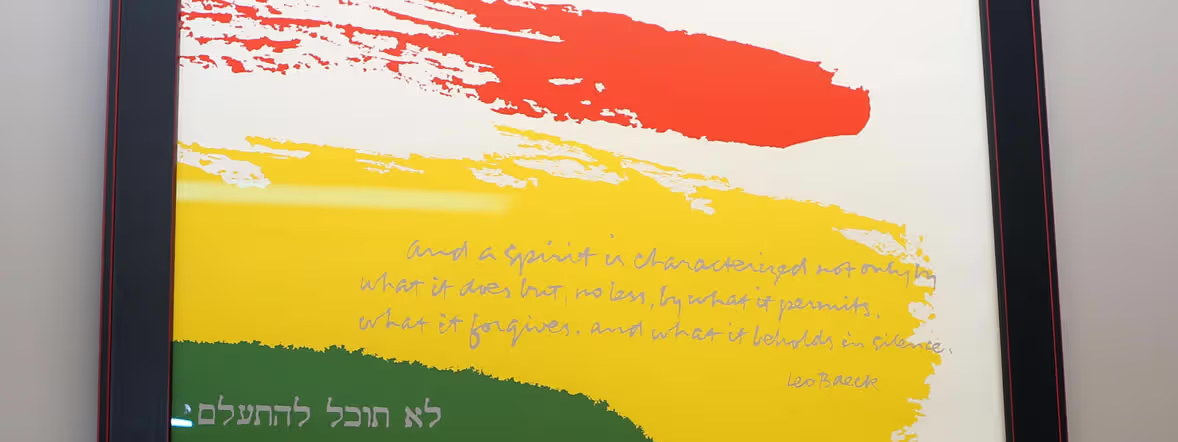English (United States)

Many of us look forward to Labor Day, whether to relax at the lake with friends and family, find great deals, or catch up on home improvement projects. But, how many of us take a moment to reflect on what the day really represents?
The labor movement began in 1882, after the Industrial Revolution saw Americans, including children as young as five, toiling long hours, seven days a week to eke out a living. Labor Day becoming a national holiday in 1894 after being signed into law by President Grover Cleveland. For me, it’s a reminder of the social and economic achievements of American workers. It’s a day to rediscover connections between social justice, equality, the dignity and respect of all people, and fair treatment and wages in the workplace.
Dr. Martin Luther King Jr. once said, “The arc of the moral universe is long, but it bends toward justice.”
It’s easy to romanticize this notion, but simply put, each of us can play a powerful role in pursuing the “labor of love” in our work – now more than ever.
2020 has pushed many of us to our breaking points. At times, it’s propagated fear and divisiveness. But we can, and always should, uphold integrity and honor humanity.
I recently hung a serigraph in my office (pictured above) created by my relative, Sister Corita Kent, whose artistic providence centered around social justice. (Interesting side note: Corita was the creator of the U.S. Postal Service’s 1985 design of the “Love” stamp.) A quote accompanies the art: “…And a spirit is characterized not only by what it does, no less by what it permits, what it forgives, and what it beholds in silence.” The artwork also includes Hebrew text which translates to, “You can’t ignore it.”
This year’s events have caused me to think a lot about this quote, the lessons of my youth, and my role as a leader.
You see, as a sixth grader, I participated in a gut-wrenching exercise created by Jane Elliott, an antiracism activist and educator from Riceville, Iowa. In 1968, shortly after Martin Luther King Jr.’s murder, she created the “brown eyes/blue eyes” exercise to help students better understand prejudice and discrimination. If you’ve never heard of this exercise, you can learn more about her work here.
The point of the exercise was to help us understand there is no difference between people because of the color of their eyes – or of their skin. Today, lessons of my youth apply to all forms of prejudice and discrimination, whether it be skin color, sex, sexual orientation, religious belief, age, disability, and all others.
NPPD was created to provide safe, reliable, sustainable power to our customers – to provide them excellent service in not just our operations, but our relationships, as well.
I’ve come to realize that none of this can happen unless we have an exceptional organizational culture, one tailored to a respect for diversity and inclusion. One that welcomes and encourages open discussion. One that values diverse experiences, opinions and backgrounds. One that isn’t overburdened by systems and processes, that though important to achieve our goals, can also derail diversity of thought and expertise. And finally, one that provides a safe environment in which teammates can contribute to the best of their ability and pursue their aspirations without fear.
So, how do we achieve this culture? Is it just a utopian dream? I believe it relies heavily on opening the door to conversation.
I’ve been fortunate as a white middle-aged man from rural Nebraska. I’ve gone through a lot of my life not fully understanding the impact of prejudice and discrimination. I can never truly know the negative impacts from centuries of discrimination. But, I can make a difference with the people I interact with and the organizations I lead. And, I know healing and real change begin by acknowledging and speaking about respect, dignity and not just equality, but equity for all.
Internally, we’ve been hosting Diversity & Inclusion panels featuring diverse speakers that allow teammates to learn from each other’s experiences, while unlearning past habits, microaggressions or thoughts that are holding us back from growth.
Fear or ignorance are not an excuse for us to tolerate what is happening around us. Instead, we must take action to support, strengthen and unite our statewide businesses and communities.
These challenging times are made more difficult by the ongoing pandemic. To make the burden lighter, NPPD continues to offer financial assistance through our Pennies 4 Power Program to those in need to help ensure their safety and health. We are participating in opportunities to help small, minority-owned businesses stay afloat. And, we are working side-by-side with representatives from diverse organizations like the Nebraska Hispanic Chamber of Commerce, the Nebraska Chinese Association, and African Chamber of Commerce to build upon relationships and a culture of inclusivity.
Humbly, and with an open mind and ears, I know there is much to be done to quell social injustice. Our conversations won’t end this week, next year or even in my lifetime. As with anything worthwhile, it’s not an easy road ahead. But, it is the right – and only – path forward.
